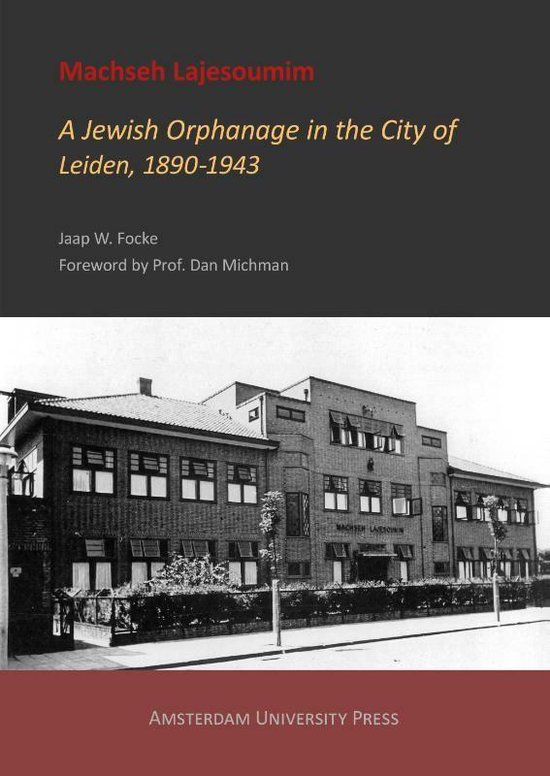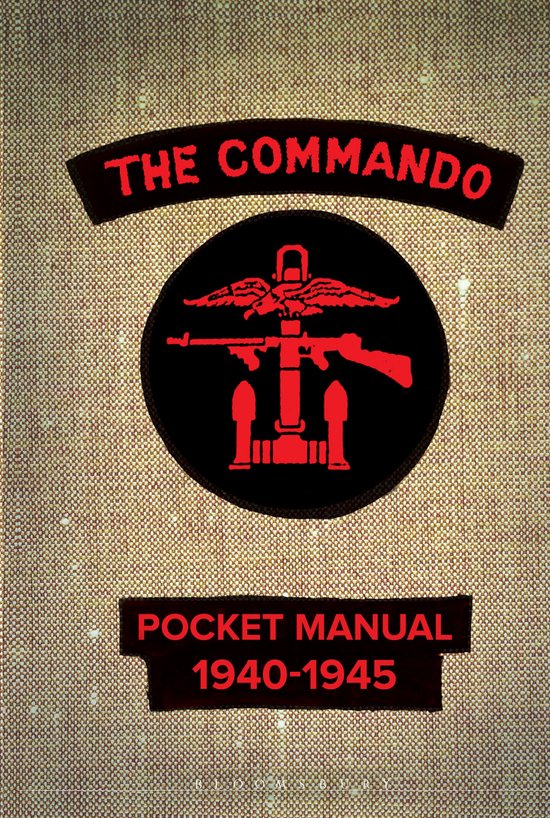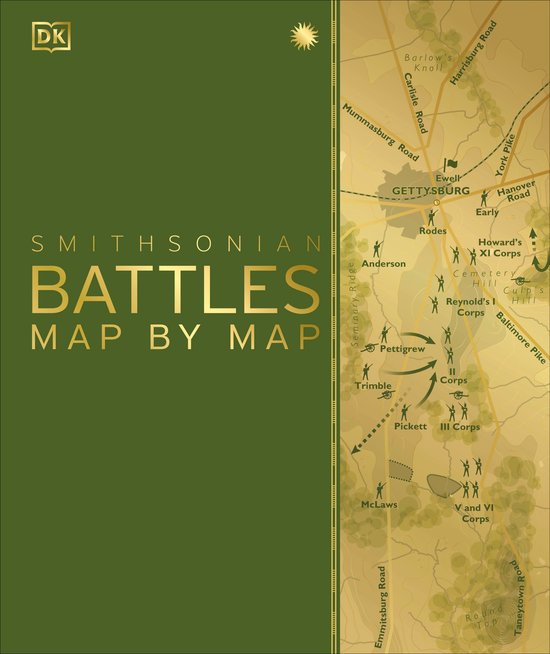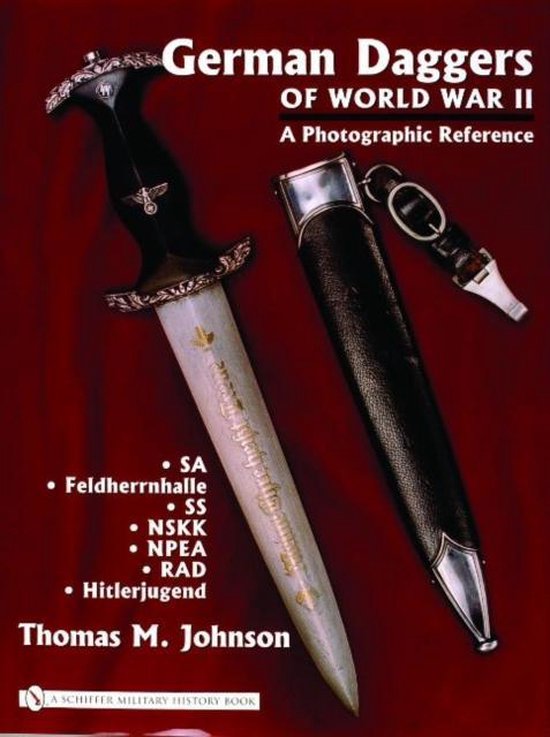
Machseh Lajesoumim
The Jewish Orphanage in Leiden was the last one of eight such care homes to open its doors in the Netherlands before the Second World War. After spending almost 39 years in an old and utterly inadequate building in Leiden's city centre, the inauguration in 1929 of a brand-new building, shown on the front cover, was the start of a remarkably productive and prosperous period.
The building still stands there, proudly but sadly, to this day: the relatively happy period lasted less than fourteen years. On Wednesday evening, 17th March 1943, the Leiden police, under German instructions, closed down the orphanage and delivered 50 children and nine staff to the Leiden railway station, from where they were brought to Transit Camp Westerbork in the north-east of the country. Two boys were released from Westerbork thanks to tireless efforts of a neighbour in Leiden; one young woman survived Auschwitz, and one young girl escaped to Palestine via Bergen-Belsen. The remaining 55 were deported to Sobibor – and not one of them survived.
Some 168 children lived in the new building at one time or another between August 1929 and March 1943. This book reconstructs life in the orphanage based on the many stories and photographs which they left us. It is dedicated to the memory of those who perished in the Holocaust, but also to those who survived. Without them, this book could not have been written.
| Auteur | | Jaap Focke |
| Taal | | Engels |
| Type | | Hardcover |
| Categorie | | Geschiedenis |




